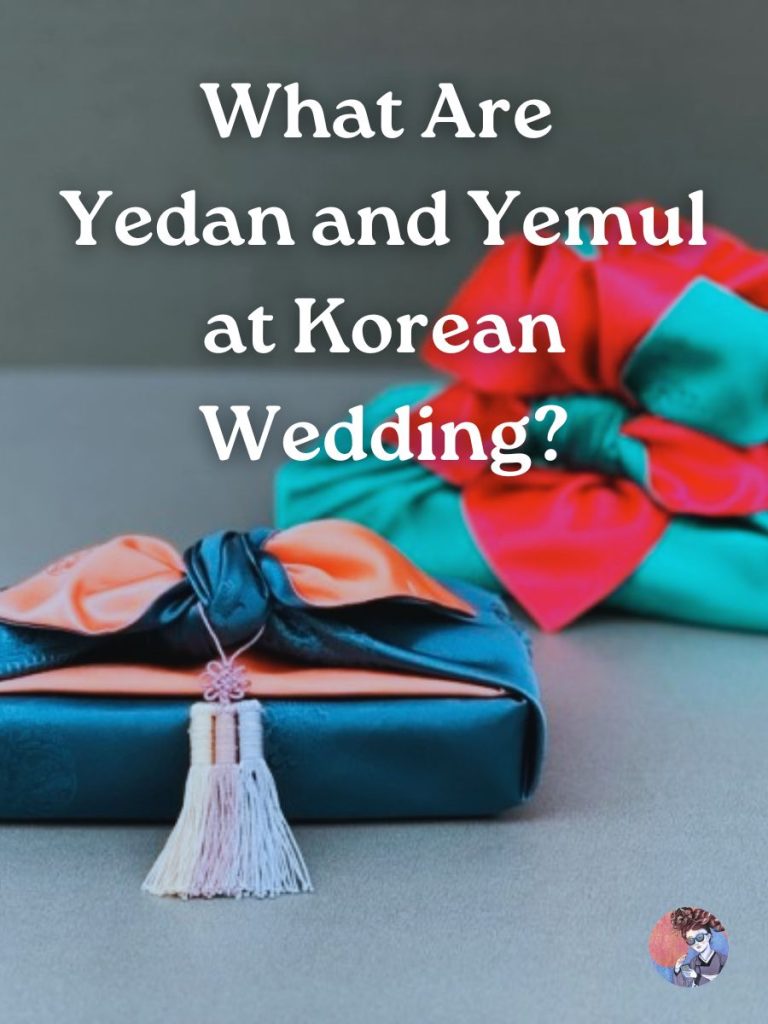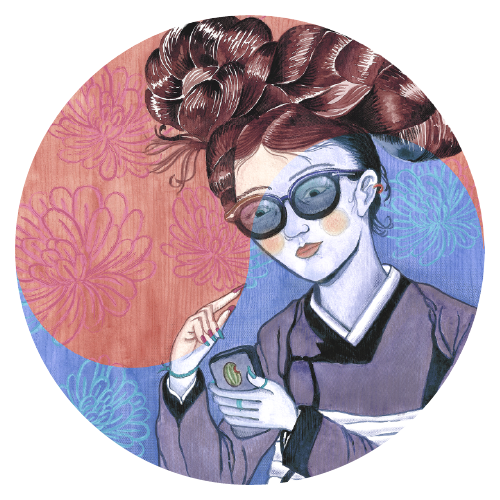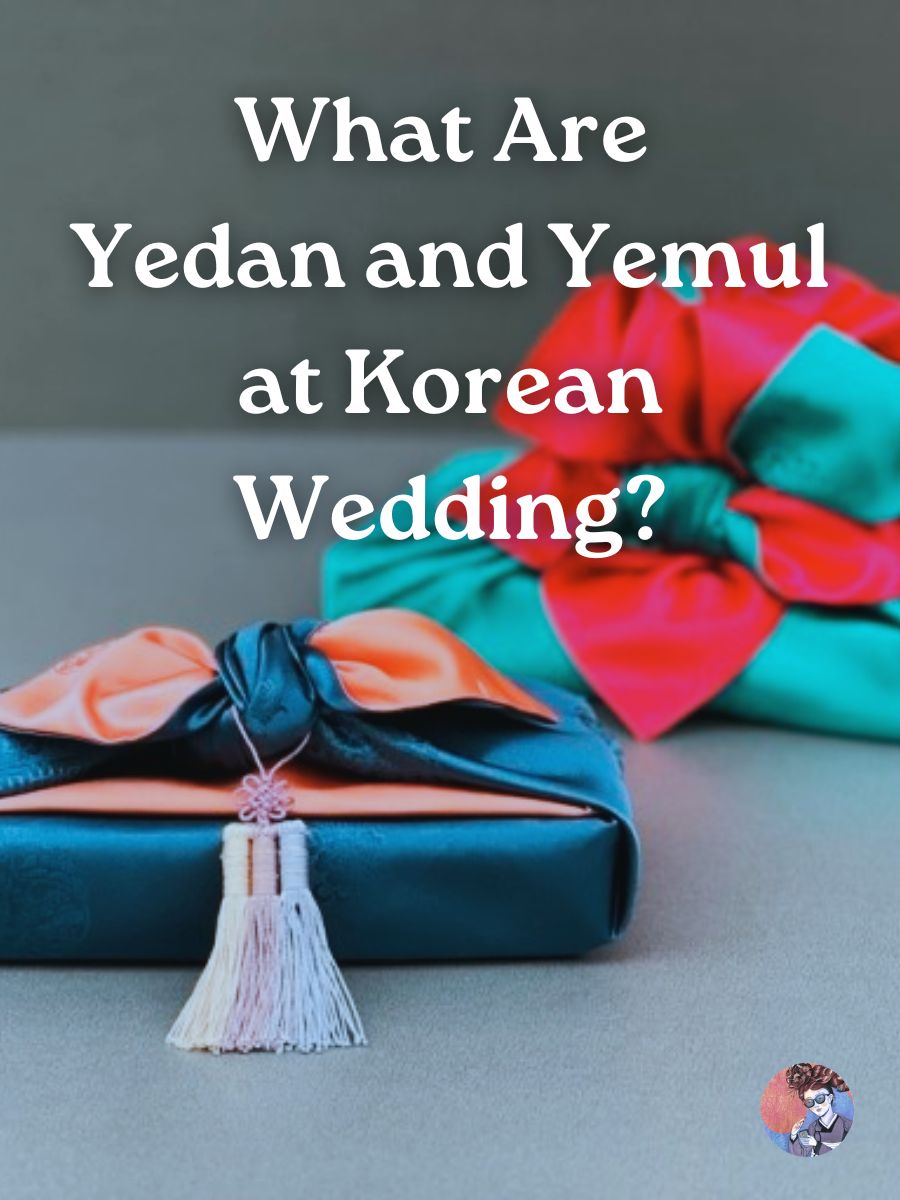
So many young Korean couples try to avoid yedan and yemul, and yet end up practicing this tradition.
I’ll explain yedan and yemul at a Korean wedding!
Quick Summary
- In Korean wedding tradition, gifts play a big role in symbolizing the union of two families. Two important terms related to these gifts are yedan and yemul.
- Yedan are the gifts given by the bride’s family to the groom’s family.
- Yemul are the gifts between the bride and groom.
- Paemul is a jewelry set, given to the bride by the groom’s parents.
Yedan: Gifts from the Bride’s Family to the Groom’s Family
Yedan refers to the gifts given by the bride’s family to the groom’s family.
Traditionally, yedan included items like silk blankets, tableware, and silver spoons.
These gifts were practical and luxurious, symbolizing the bride’s family’s respect and goodwill towards the groom’s family.
Just like everything else, the practice has become modernized.
Instead of traditional items, many families now opt to give cash along with extra gifts such as cosmetics, liquor, flowers, traditional desserts, and fruit baskets.
The average amount of cash given by the bride’s family ranges from $7,200 to $15,000.
Interestingly, the groom’s family often returns half or even the full amount, depending on how generous they wish to be and how strong they want to establish their future relationship with the bride’s family.
No matter what is given, everything is beautifully packaged in silk, keeping things elegant and cultural.
Yemul: Gifts Exchanged Between the Bride and Groom
Yemul refers to the exchange of gifts between the bride and groom themselves.
Typically, the groom receives a luxury watch, while the bride is gifted a designer bag, ring, necklace, or other jewelry.
There is also paemul, which is a jewelry set, usually made of gold or diamonds, given to the bride by the groom’s parents.
This shows the groom’s family’s affection and commitment to the bride.
Conclusion
Yedan and yemul are deeply rooted in Korean culture, reflecting the importance of gift-giving in marking the start of a new family bond.
While these practices have adapted to modern times, they continue to hold significant meaning, reinforcing the ties between the two families.

